Our History
The International Bank and Finance Association in Sweden (formerly known as Foreign Bankers Association in Sweden, FBA) was founded in 1982 to allow international banks to unite under an umbrella organization that would work to promote their common interests in the Swedish financial market. It also created an official forum for discussion between international financial institutions present in Sweden.
- IBFA represents Banks and Financial Institutions established in Sweden.
- The prerequisite for membership in the IBFA is that the organization’s head office is incorporated outside of Sweden and the local entity is authorized to conduct financial services business by the Swedish authorities.
- IBFA received the status as a consultative body in 1984 allowing the organization to promote international banks interests in the Swedish bank market.
- The objective of IBFA is to promote relations between international banks and financial institutions conducting business in Sweden.
- IBFA also works to facilitate financial institutions relations with Swedish authorities and other organizations or associations in Sweden that are of particular interest to the banks and their activities.
